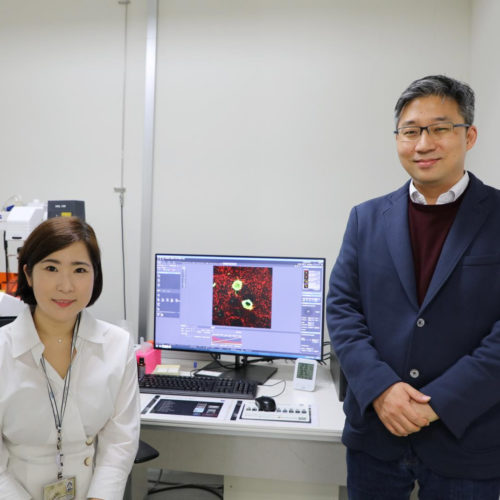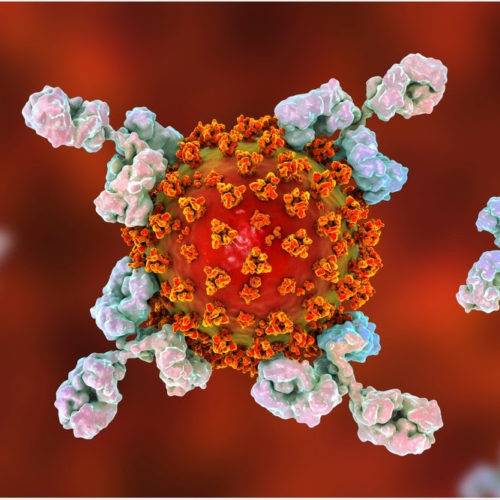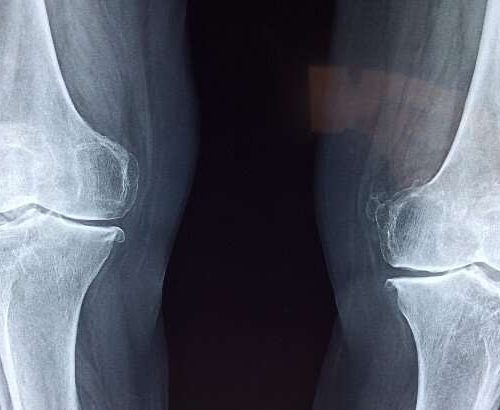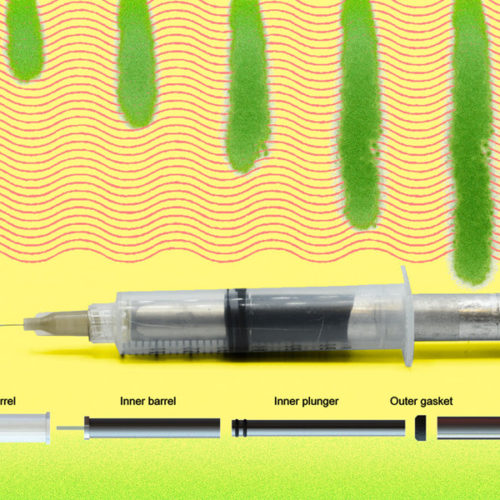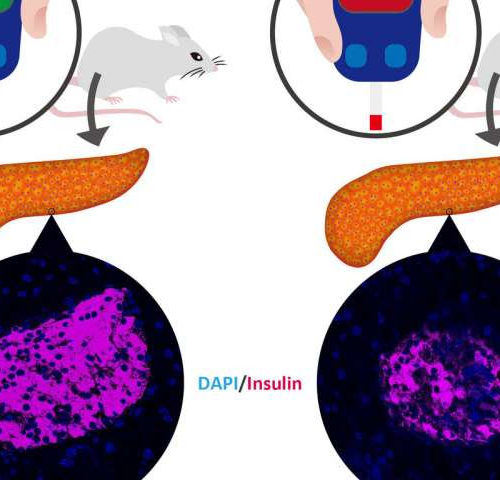POSTED BY TEXAS A&M UNIVERSITY“From the medical point of view, when this technique is available, it will be beneficial and less expensive than methods such as photothermal therapy, photodynamics, radio-radiation, and chemotherapy,” says Jorge Seminario. A new technique could offer a much safer and more effective alternative to current cancer treatments. Just as jackhammers can...
Tag: <span>molecular</span>
Molecular jackhammers’ ‘good vibrations’ eradicate cancer cells
Light-induced whole-molecule vibration can rupture melanoma cells’ membrane The Beach Boys’ iconic hit single “Good Vibrations” takes on a whole new layer of meaning thanks to a recent discovery by Rice University scientists and collaborators, who have uncovered a way to destroy cancer cells by using the ability of some molecules to vibrate strongly when...
Molecular interactions regulating trans-synaptic signalling and synapse formation
DGIST (DAEGU GYEONGBUK INSTITUTE OF SCIENCE AND TECHNOLOGY) IMAGE: PROF. JAEWON KO (RIGHT) AND THE FIRST AUTHOR DR. KYUNG AH HAN (LEFT) Scientists at Korea’s Daegu Gyeongbuk Institute of Science and Technology (DGIST) and colleagues have uncovered some of the complex molecular mechanisms involved in the formation of the brain’s neural circuits. Their findings were...
SARS-CoV-2-RNA viremia is a robust marker of critical illness in COVID-19
By Dr. Liji Thomas, MD The global pandemic of COVID-19 continues to cause thousands of deaths and many hundreds of thousands of new infections every day. New methods are urgently needed to identify severe acute respiratory syndrome coronavirus 2 (SARS-CoV-2) infections and manage them better, including developing criteria for hospitalization. A new study by a...
MSK study links inflammation to Alzheimer’s disease development
MEMORIAL SLOAN KETTERING CANCER CENTER Alzheimer’s disease is a neurodegenerative condition that is characterized by the buildup of clumps of beta-amyloid protein in the brain. Exactly what causes these clumps, known as plaques, and what role they play in disease progression is an active area of research important for developing prevention and treatment strategies. Recent...
New molecule repairs cartilage and relieves symptoms of osteoarthritis
by Joel Winston, Queen Mary, University of London A newly discovered molecule has been found to provide long-lasting regeneration of bone and cartilage defects, as well as symptom relief, and could potentially play a role in treating osteoarthritis, according to early research in animals led by Queen Mary University of London. Cartilage overlies bones to...
Syringe technology could enable injection of concentrated biologic drugs
Researchers have designed a simple, low-cost device for subcutaneous injection of viscous formulations. MIT researchers have developed a simple, low-cost technology to administer powerful drug formulations that are too viscous to be injected using conventional medical syringes. The technology, which is described in a paper published today in the journal Advanced Healthcare Materials, makes it...
Small molecule treatment reduces colon cancer metastasis
University of Chicago Medicine investigators slow metastasis of colon cancer by ‘locking up’ cancer cells UNIVERSITY OF CHICAGO MEDICAL CENTER When cancer metastasizes and spreads throughout the body, it can severely change the prognosis of the disease. It is estimated that metastasis is responsible for 90 percent of cancer deaths. University of Chicago Medicine investigators...
NUS researchers develop new system for accurate telomere profiling in less than 3 hours
The novel STAR assay can rapidly determine telomere dysregulation in cancers and age-related diseases in clinical settings A MAGNIFIED IMAGE CAPTURED BY THE DEVICE USED TO PERFORM STAR ASSAY. DIFFERENT FLUORESCENT INTENSITIES REFLECT THE LENGTH VARIATIONS IN INDIVIDUAL TELOMERE MOLECULES. view more CREDIT: NATIONAL UNIVERSITY OF SINGAPORE The plastic tips attached to the ends of...
A surprising protein player in diabetes
by Okinawa Institute of Science and Technology A protein that’s common throughout the body plays a key role in regulating glucose levels, says new research conducted in the Cell Signal Unit at the Okinawa Institute of Science and Technology Graduate University (OIST) and Riken Center of Integrative Medical Sciences. Called CNOT3, this protein was found...


